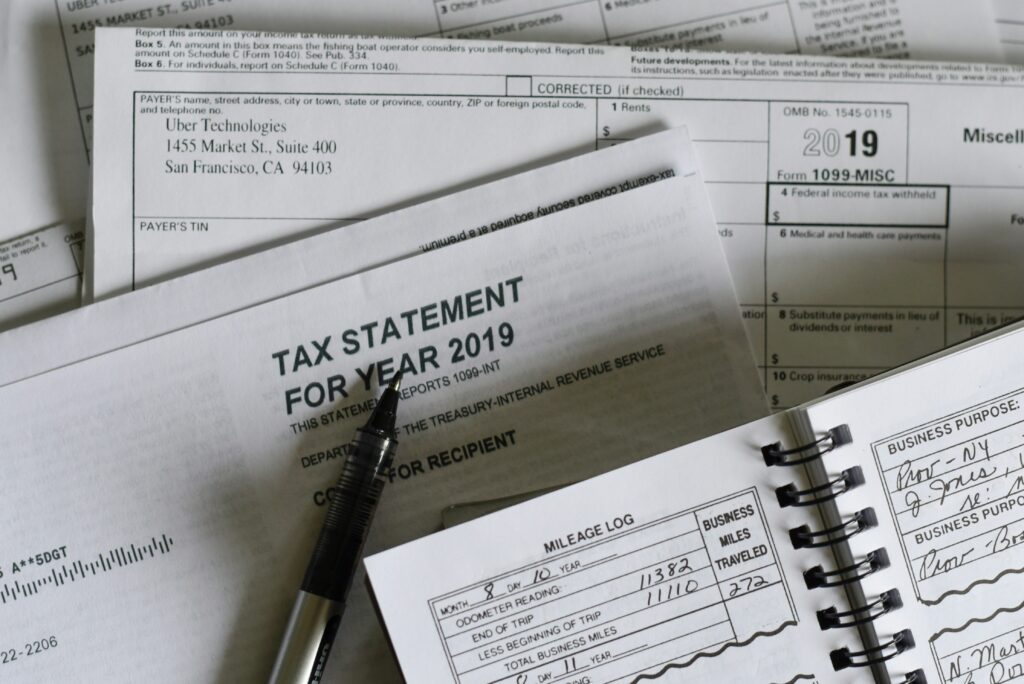The First Steps in Thai Limited Company Registration

Establishing a Thai Limited Company is one of the most common and effective ways for both Thai nationals and foreign investors to conduct business in Thailand. A limited company offers flexibility, limited liability, and a recognized legal structure under Thai law. However, before starting operations, entrepreneurs must follow a defined registration process governed by the […]
Establishing a Representative Office in Thailand

Establishing a Representative Office in Thailand is a popular option for foreign companies seeking to explore business opportunities in the Kingdom without engaging directly in income-generating activities. It provides a cost-effective and legally compliant way for foreign investors to gather market information, liaise with local partners, and support their parent company’s operations abroad. Understanding the […]
Types of Thai Will and Succession

Succession law in Thailand plays a vital role in protecting the property rights and inheritance wishes of individuals after death. Understanding the types of wills recognized under Thai law and the legal framework governing succession is essential for both Thai nationals and foreign residents who own assets in the Kingdom. The Thai Civil and Commercial […]
Structures of Intellectual Property in Thailand

Intellectual Property (IP) plays an increasingly vital role in Thailand’s modern economy, protecting the creations, innovations, and brands that drive both local and foreign investment. As the Kingdom continues to integrate into the global marketplace, the Thai government has established a comprehensive structure for intellectual property protection. This structure includes dedicated laws, specialized administrative bodies, […]
Thailand Privilege Visa

The Thailand Privilege Visa—previously known as the Thailand Elite Visa—is a long-term multiple-entry visa designed to provide foreigners with an extended right to stay in Thailand, along with exclusive privileges and services. Administered by the Thailand Privilege Card Company Limited (TPC), a state-owned enterprise under the Ministry of Tourism and Sports, the program attracts investors, […]
Mergers and Acquisitions in Thailand

Mergers and acquisitions in Thailand are key drivers of corporate growth, market consolidation, and foreign direct investment. They offer opportunities for companies to expand, diversify, or restructure. However, M&A transactions in Thailand are governed by a complex legal and regulatory framework that requires careful structuring, due diligence, and compliance to succeed. This article provides an […]
Thailand Income Tax

Thailand income tax system is governed by the Revenue Code B.E. 2481 (1938), which provides the legal foundation for personal and corporate income taxation. The system is administered by the Revenue Department (Ministry of Finance), responsible for issuing tax regulations, collecting taxes, conducting audits, and enforcing compliance. Thailand employs a progressive income tax system for […]
Thailand SMART Visa

The Thailand SMART Visa is a long-term visa program introduced in 2018 as part of the government’s strategic initiative to attract foreign experts, executives, investors, and startup entrepreneurs in targeted “S-Curve” industries. Developed jointly by the Board of Investment (BOI), Immigration Bureau, Ministry of Foreign Affairs, and Ministry of Labour, the SMART Visa is distinct […]
Servitudes in Thailand

Servitudes in Thailand. Servitudes, known in Thai as สิทธิเก็บกิน (Sitthi Kep Kin), are legal rights that allow one party to use or benefit from another party’s property without owning it. These rights are an essential aspect of property law in Thailand, providing flexibility and utility in land use and ownership. Servitudes can be established for […]
Consumer Protection Act

The Consumer Protection Act B.E. 2522 (1979) is Thailand’s primary legislation that safeguards consumer rights, regulates business practices, and ensures fair trade. The law establishes mechanisms to address fraud, misleading advertisements, defective products, and unfair contract terms, providing consumers with legal recourse against unethical business activities. Thailand’s Consumer Protection Board (CPB), under the Office of […]
